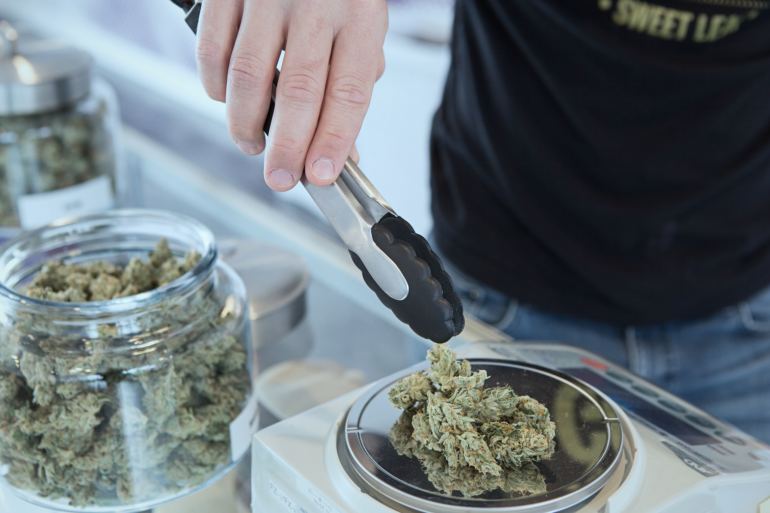Legal Update
Jun 10, 2019
Nevada Becomes the First State to Restrict Employer Use of Pre-Employment Cannabis Tests
Seyfarth Synopsis: Following closely on the heels of a similar law in New York City, effective January 1, 2020, it will be unlawful for Nevada employers to reject a job applicant who tests positive for cannabis on a pre-employment drug test. While there is debate as to whether some medical and recreational cannabis laws, including in Maine, allow an employer to take action based on off-duty or off-premises cannabis use, when it comes to job applicants, Nevada law could not be more clear.
Nevada Assembly Bill 132
As we previously reported here, New York City employers will no longer be able to require job applicants to submit to a cannabis test as a condition of employment. There are certain exceptions to the New York City law, including pre-employment drug testing for, among others, people applying to work in certain construction jobs and driver applicants subject to Department of Transportation drug and alcohol testing regulations (Part 40).
Nevada quickly followed suit. On June 5, 2019, Governor Steve Sisolak signed Assembly Bill 132, which makes it unlawful for any Nevada employer to fail or refuse to hire a prospective employee because the prospective employee submitted to a blood, urine, hair, or oral fluids drug test and the results of the test revealed the presence of cannabis.
The law also provides that if an employer requires an employee to submit to a screening test within the first 30 days of employment, the employee shall have the right to submit to an additional screening test, at his or her own expense, to rebut the results of the initial screening test. The employer shall accept and give appropriate consideration to the results of the second screening test.
Exceptions
Of course, there are exceptions. Specifically, the prohibition does not apply if the prospective employee is applying for a position as a firefighter or an emergency medical technician (as defined in state law), or if the position will require the prospective employee to operate a motor vehicle for which federal or state law mandates the employee submit to screening tests. AB 132 also states the law does not apply to a position that, “in the determination of the employer, could adversely affect the safety of others.” Moreover, the law does not apply to the extent it is inconsistent or otherwise in conflict with the provisions of an employment contract, a collective bargaining agreement, or federal law, or to a position funded by a federal grant.
Implications for Employers
Nevada employers should review their existing drug testing or substance abuse policies to determine whether changes are necessary in light of the January 1, 2020, effective date of AB 132. Employers may also need to consider working with their drug testing vendors and Medical Review Officers to ensure that job applicants are not tested for cannabis, or that such tests are not reported in the final test result. Although AB 132 gives employers discretion to determine whether a position is exempt because it “could adversely affect the safety of others,” it remains to be seen how Nevada courts will interpret this exemption and, thus, Nevada employers should work with employment counsel experienced with drug and alcohol testing laws and programs to evaluate whether a position fits this standard. Finally, until courts address the type of “employment contract” that might exempt a particular job applicant from the law, employers should exercise caution before relying on a vague term left undefined by the statute.
Nationwide employers are finding it increasingly difficult to stay head of the pot craze sweeping the nation. Employers in certain states, like California, can take some comfort in clear language in statutes or court decisions that grant employers the right to maintain a drug-free workplace and take action against those who test positive for cannabis, including rejecting job applicants testing positive for the drug. Yet, those states may become the exception rather than the rule, with more courts finding that employers are required to comply with state disability laws when confronted with medical cannabis users and jurisdictions now stepping in and granting protections to off-duty cannabis users. Now more than ever, employers in all jurisdictions should consider.

